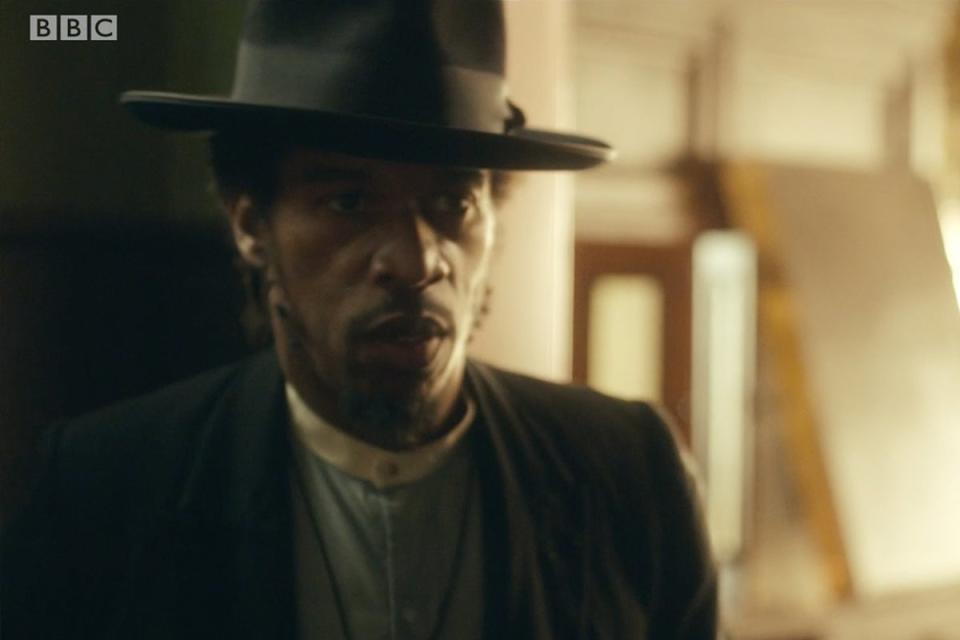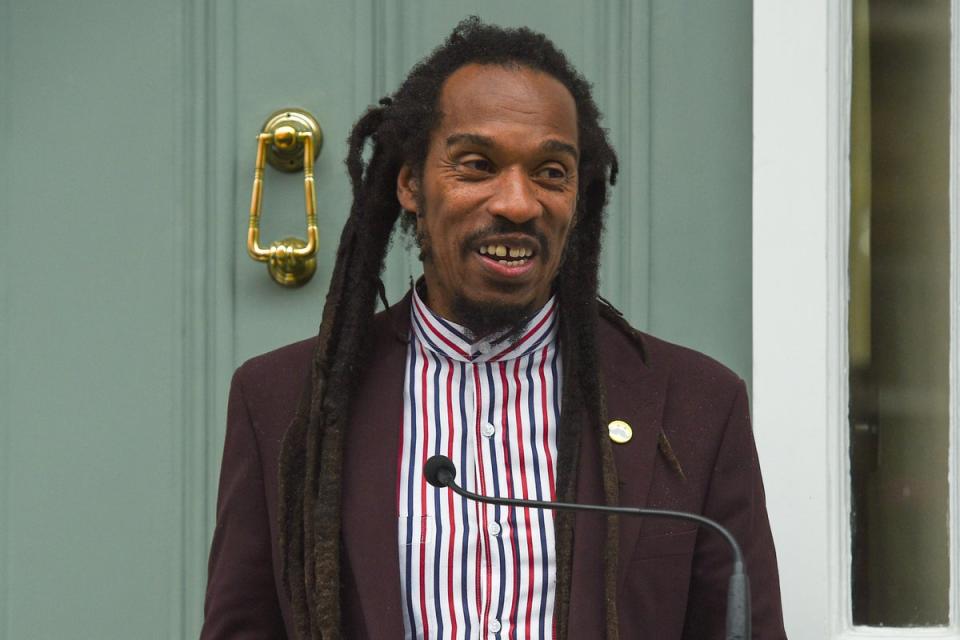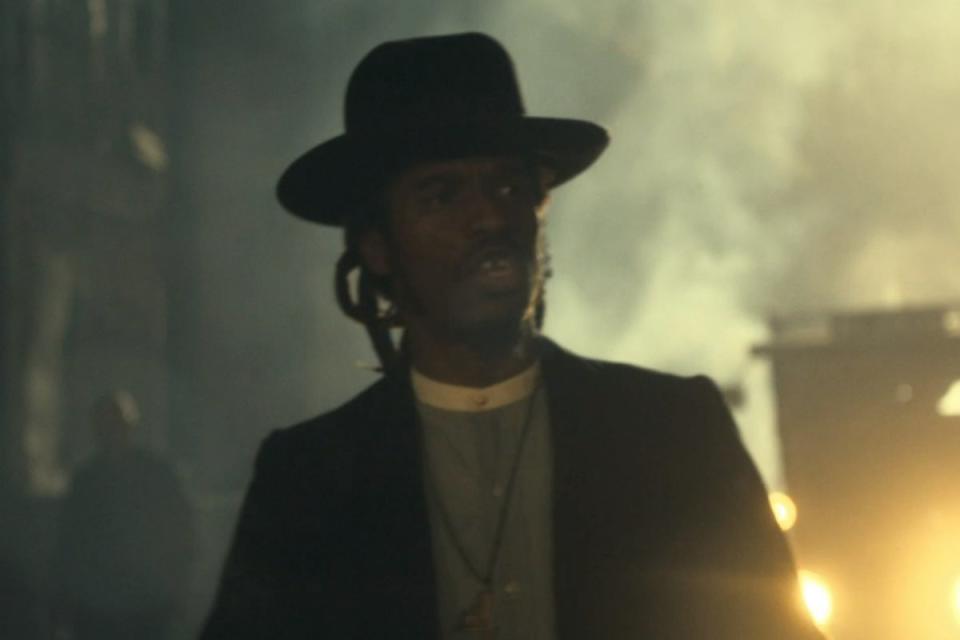How Benjamin Zephaniah’s brilliant performance in Peaky Blinders brought him to a wider global audience
The death of Benjamin Zephaniah has led fans across generations to reminisce on some of his most impactful work.
Zephaniah, who died on Thursday (7 December) aged 65, is best known for his work as a writer and poet tackling social injustices ranging from immigration to racism and poverty.
He is credited by many as being one of the UK’s most prominent literary figures, with pieces such as “Talking Turkeys” and “The British (serves 60 million)” being a frequent feature as part of school curriculums.
However, many also know him for his performance in the period crime drama Peaky Blinders, playing a Jamaican-born street preacher called Jeremiah “Jimmy” Jesus.
Set in Birmingham, the popular drama was a natural fit for Zephaniah, who was born in the Midlands city in April 1958.

Across all six seasons, Jeremiah was a close ally to the series lead Tommy Shelby (Cillian Murphy) after they both fought together in the First World War.
Despite declaring that he’d never again pick up a gun after the war, Jeremiah agreed to defend Small Heath when Tommy asked for his help in season one. Another of Jeremiah’s other notable moments included conducting the wedding between Tommy and Grace Shelby (Annabelle Wallis) in season three.
Zephaniah, who grew up between Aston and Handsworth, was initially the only actor from Birmingham in the programme, so brought an additional feeling of authenticity.
In 2018, he spoke about the real-life inspiration for his character being a man who fought with a battalion from Birmingham in World War I. According to Zephaniah, he returned to Jamaica after the war, only to eventually settle in Birmingham because he “missed his pals”.
“In Peaky Blinders I’m called Jeremiah Jesus. The real character was known to everybody as Jimmy Jesus,” he told the Birmingham Mail.
“He was a slightly off-his-head character who went round the streets of Birmingham preaching hell and damn-fire.”

Zephaniah went on to note that he was monitoring social media at the time of Peaky Blinders’ 2013 debut, and noted that “some people complained about the accent”, as well as the presence of a Black man in 1910s Britain, pre-Windrush generation.
“When the first episode went out, all of us were on the end of the phone, trying to find out how it went down, and looking at Twitter and everything like that.
“Some people complained about the accent but it went down well. The BBC warned us that after the first episode, people would complain. After the second episode, they would complain a bit less then, by the third episode, they would forget about the accent and be into the story.
“That’s exactly what happened,” he continued. “Nobody talks about the accent now, people talk about the drama and what’s happening. It fills me with pride.”

When the programme was adapted into a dance show in 2022, Zephaniah provided pre-recorded narration for the piece.
Since the announcement of Zephaniah’s death on Thursday, a mere eight weeks after being diagnosed with a brain tumour, fans and fellow writers have paid tribute across social media. You can keep up with the latest updates here.

 Yahoo News
Yahoo News 
